
 It's time for another product profile. But THIS is unlike any of the others I've discussed in the past. How, you ask? It's a designed to be mixed with up to EIGHT parts water, so you can create large quantities of this gel from the pails or cartridges you buy from us.
It's time for another product profile. But THIS is unlike any of the others I've discussed in the past. How, you ask? It's a designed to be mixed with up to EIGHT parts water, so you can create large quantities of this gel from the pails or cartridges you buy from us.What Is GT1100?
GT1100 is a water reactive, hydrophilic, one-component flexible polyurethane injection gel that is designed to cut off water leaks.
What are the applications & advantages?
GT1100 can be used in many applications. It can be used to shut off water leaks in concrete, brickwork, sewers, diaphragm walls, piling sheets, secant piles as well as curtain grouting behind tunnels, concrete, brickwork and sewer walls. This resin can be used to seal water-carrying cracks and joints in tunnel segments by injecting water-cut off membranes and liners. It's also used for curtain grouting and soil stabilization.
Depending on the amount of water you mix it with, this resin can be set to cure to a rubbery foam or a stable gel. Once cured, GT1100 is highly flexible. That's why, as I mentioned earlier, it's suited for structures that have a high degree of settlement and movement.
Packaging
GT1100 is available in 5 gallon pails and 10.5oz. cartridges (12 per case).




.png?width=222&name=leak-blog%20(2).png) Over the years, I have been asked countless times for the best way to seal pipe penetrations and other irregular annular spaces, including how to seal pipe penetrations effectively. Pipe penetration scenarios often have to do with water supply lines, electrical conduits and gas lines just to name a few. The main concern is creating a durable watertight seal between the outside of the pipe and the structure the pipe is penetrating through.
Over the years, I have been asked countless times for the best way to seal pipe penetrations and other irregular annular spaces, including how to seal pipe penetrations effectively. Pipe penetration scenarios often have to do with water supply lines, electrical conduits and gas lines just to name a few. The main concern is creating a durable watertight seal between the outside of the pipe and the structure the pipe is penetrating through.

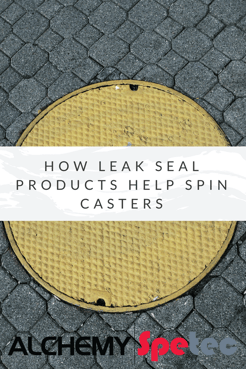

.png?width=320&name=leak%20seal%20(2).png)

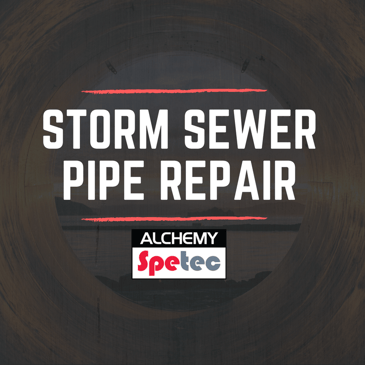 Kiawah Island, located in Charleston, South Carolina, is home to about 5 championship golf courses. On this island there are a lot of corrugated metal storm sewer pipes that carry water from place to place. Many of these underground storm sewer pipes began to leak due to decay caused by aging.
Kiawah Island, located in Charleston, South Carolina, is home to about 5 championship golf courses. On this island there are a lot of corrugated metal storm sewer pipes that carry water from place to place. Many of these underground storm sewer pipes began to leak due to decay caused by aging.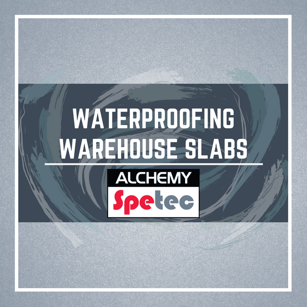

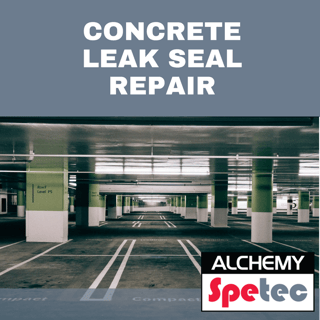
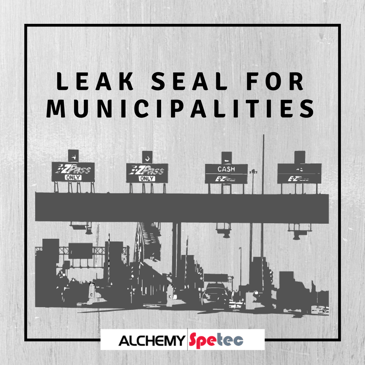 In Baltimore, Maryland, an office building housing EZ Pass toll booth administration personnel was facing a serious crisis. A 22 inch deep wall joint in their boiler room had a void and needed to be repaired. The joint was rapidly deteriorating.
In Baltimore, Maryland, an office building housing EZ Pass toll booth administration personnel was facing a serious crisis. A 22 inch deep wall joint in their boiler room had a void and needed to be repaired. The joint was rapidly deteriorating. In this post, I will provide a brief overview of Alchemy-Spetec's
In this post, I will provide a brief overview of Alchemy-Spetec's 